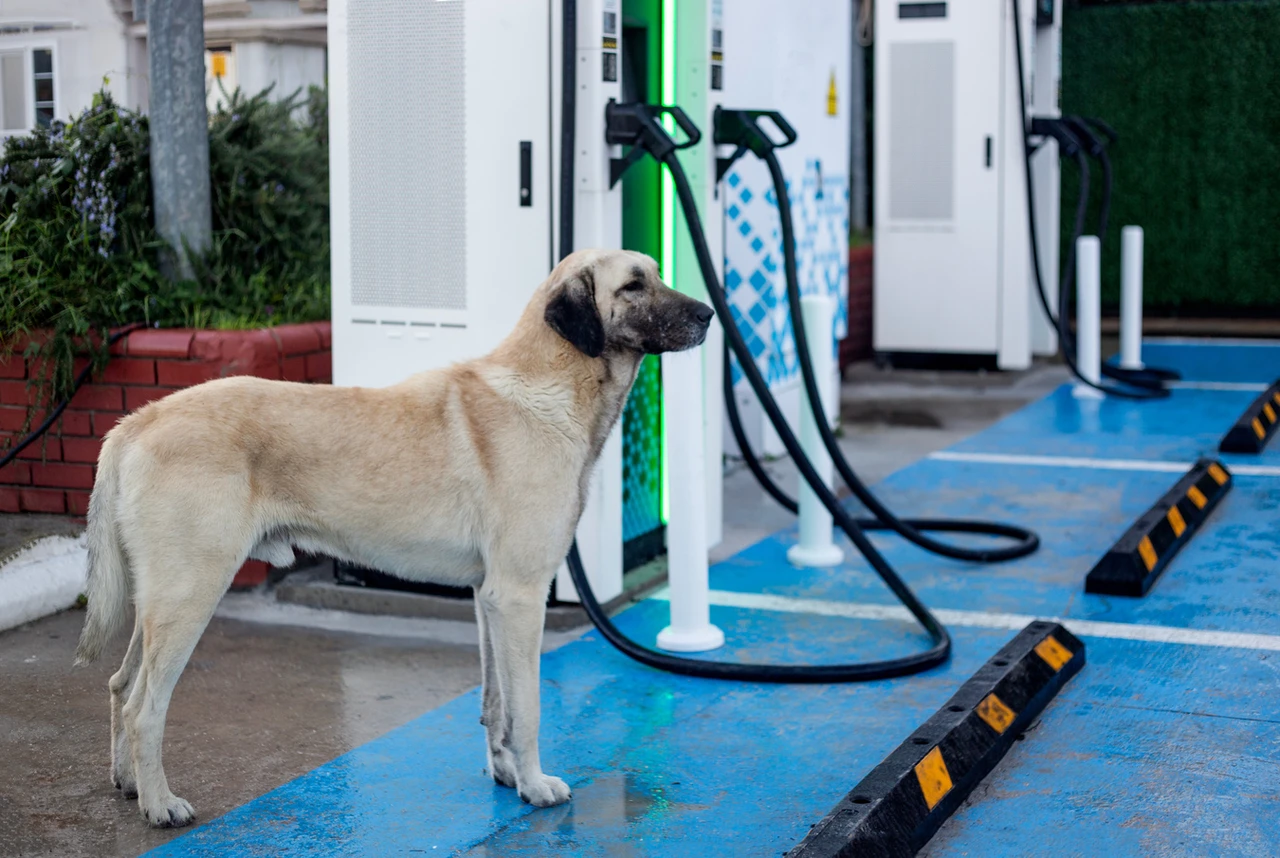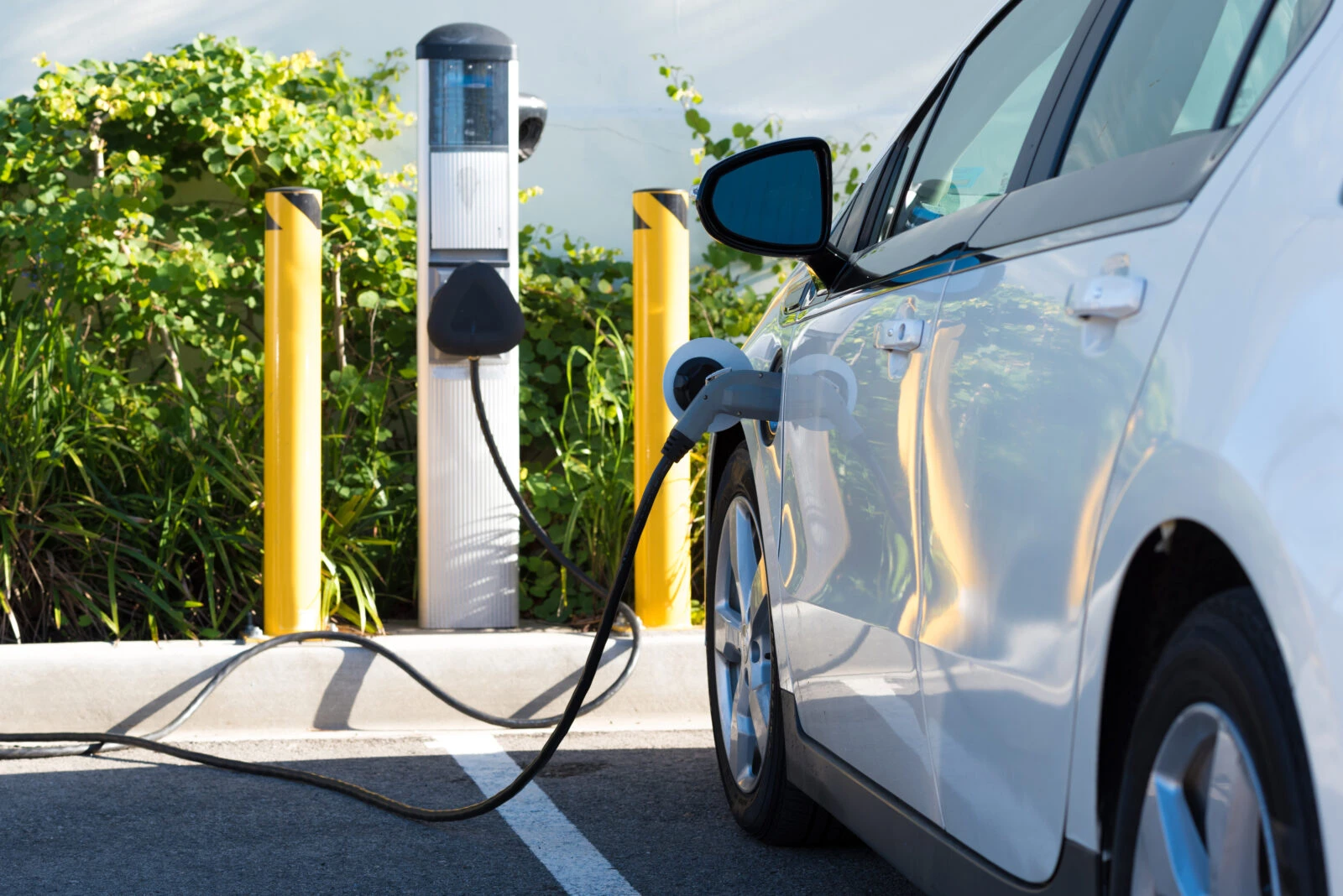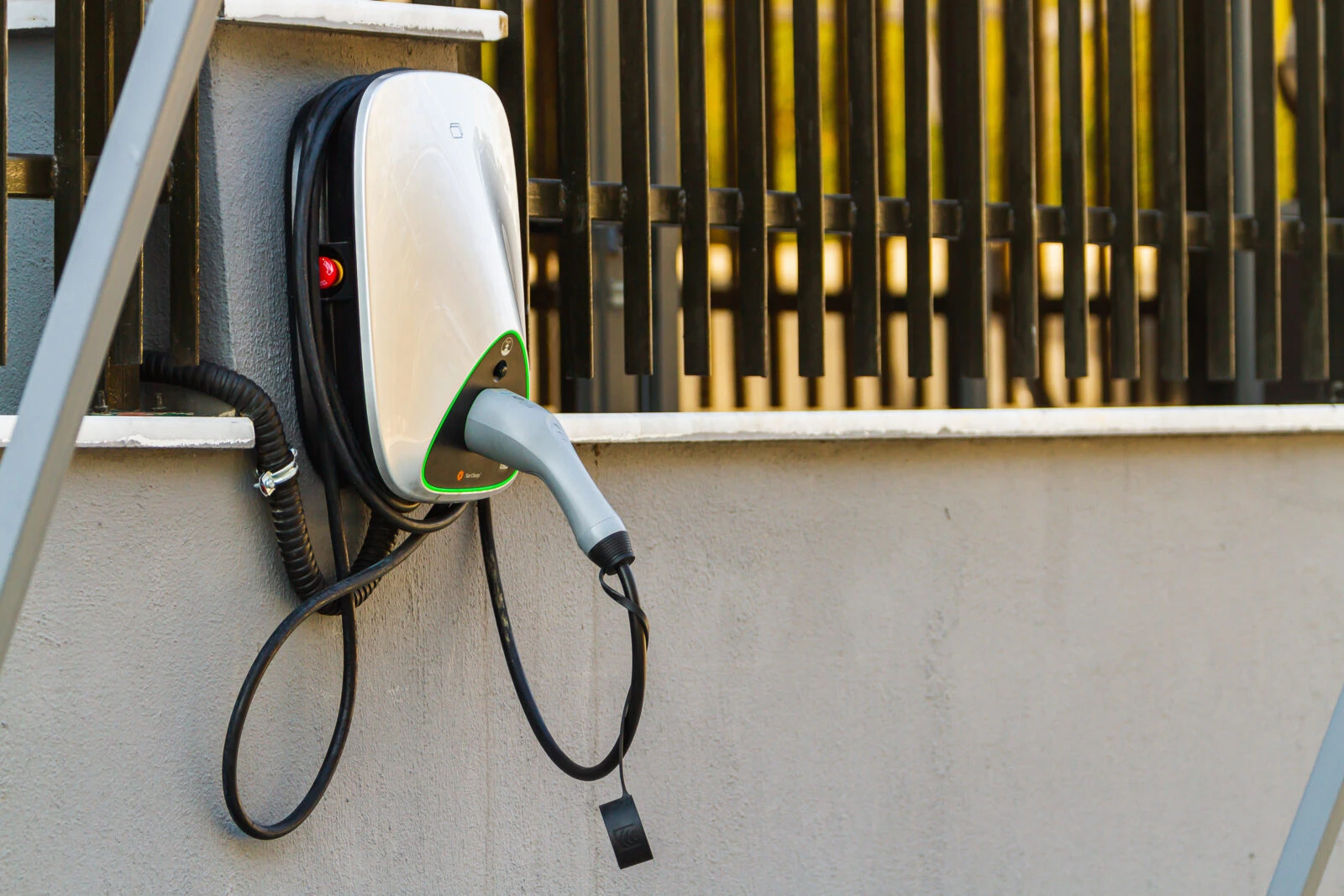Fire risks from illegal EV charging stations put Turkish residents at risk
 Türkiye’s charging infrastructure is expanding, but safety concerns remain for shared residential spaces. (Adobe Stock Photo)
Türkiye’s charging infrastructure is expanding, but safety concerns remain for shared residential spaces. (Adobe Stock Photo)
Electric vehicles (EVs) are becoming more common in Türkiye, and residents and site managers in apartment complexes are increasingly concerned about fire hazards caused by unregulated charging stations.
Poorly installed charging units put entire buildings at risk, and many people now question the lack of oversight in these installations.

Unauthorized charging methods create serious fire risks in Türkiye
Many electric vehicle owners install charging stations in apartment complexes without obtaining necessary approvals, as reported by Hurriyet journalist Oya Armutcu. Some extend power cables from their own electricity meters through stairwells and hallways, creating dangerous conditions.
This reckless behavior increases the risk of electrical fires. In high-rise buildings, some owners stretch charging cables from the 5th or even the 15th floor to reach their vehicles. Fire safety experts warn that these hazardous setups could lead to devastating accidents.
Türkiye’s Ministry of Environment, Urbanization, and Climate Change introduced regulations to make it easier to install legal charging stations in shared parking lots. However, enforcement remains weak.
Site management can approve installations with a simple majority vote among residents, but some individuals abuse this rule and install personal stations in unsafe conditions, putting the entire community at risk.

Weak regulations allow unapproved charging stations in Türkiye
Current regulations fail to address unauthorized charging stations effectively. Site administrators struggle to enforce rules due to legal loopholes.
Residents must obtain permission from 80% of their neighbors before installing personal charging stations in shared areas, but enforcement is inconsistent.
Oya Armutcu reports that many complaints about unauthorized charging go unanswered. Electrical safety authorities rarely inspect these sites, forcing site managers to handle the issue on their own.
Illegal charging stations that cause fires could result in authorities holding site managers responsible if they fail to act on complaints.

Rapidly growing electric vehicle sales in Türkiye increase demand for charging solutions
Electric vehicle sales continue to grow in Türkiye despite these challenges. NTV reports that electric cars accounted for 11.1% of total car sales in January 2025, with 6,225 units sold.
Although the overall automotive market saw a 13.9% drop in sales, demand for electric vehicles increased. The most popular model remains the Togg T10X, which led the market with 1,570 units sold, followed by BYD Atto 3 and KGM Torres EVX.
People in Türkiye choose electric vehicles because they offer economic and environmental benefits. Türkiye Gazetesi reports that maintenance costs for electric cars are significantly lower than those for gasoline-powered vehicles.
The difference in service expenses can reach up to 50,000 TL within the first 30,000 to 40,000 kilometers. Gasoline cars require frequent oil changes and mechanical maintenance, while electric cars have fewer moving parts, reducing the likelihood of costly repairs.

Expanding electric vehicle infrastructure in Türkiye improves accessibility for drivers
Türkiye’s electric vehicle infrastructure is expanding to meet growing demand. ChargeIQ reports that charging stations are now available in shopping malls, gas stations, and public parking areas. The government has introduced incentives, such as lower Special Consumption Tax (OTV) rates, to encourage more people to buy electric cars.
However, home charging remains a challenge. Some homeowners install private charging units, but apartment dwellers often struggle with limited access and regulatory obstacles. The increasing number of EVs on the road requires improvements in charging infrastructure and regulations to ensure accessibility and safety.
The increase in electric vehicle use continues, prompting industry experts and safety advocates to call for stricter regulations to prevent fire hazards. Site administrators urge authorities to establish clear guidelines for safe installation and inspection protocols to stop unauthorized charging.



